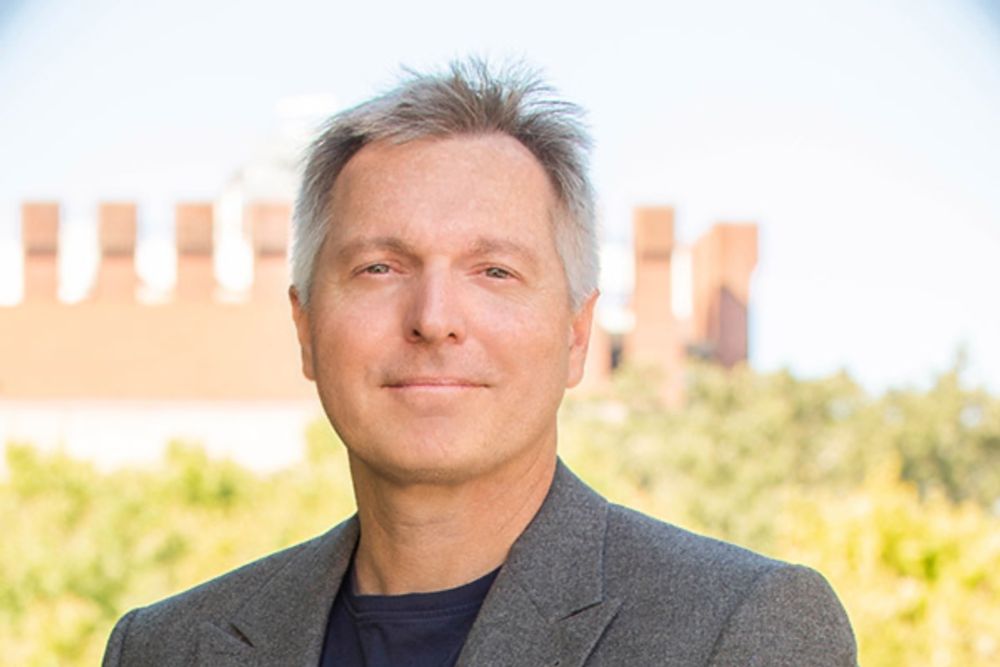John A. List
@johnlist.bsky.social
4.9K followers
5.7K following
130 posts
I am an Economist leveraging the assignment mechanism in the field to test theory and help non-profits, govts, and anyone who will listen! My goal is to (hopefully!) change the world for the better. My picture is with my oldest son!
Posts
Media
Videos
Starter Packs
Pinned
Reposted by John A. List
Reposted by John A. List
John A. List
@johnlist.bsky.social
· Aug 31

Five Facts About the First-Generation Excellence Gap
Parents are crucial to children's educational success, but the role of parental education in fostering academic excellence remains underexplored. Using longitudinal administrative data covering all No
ideas.repec.org
John A. List
@johnlist.bsky.social
· Aug 31
John A. List
@johnlist.bsky.social
· Aug 13
John A. List
@johnlist.bsky.social
· Aug 9

Navigating the College Affordability Crisis: Insights from C
With higher education costs consistently outpacing inflation and public funding declining, college affordability has become a critical barrier to economic mobility for middle- and low-income families.
ideas.repec.org
John A. List
@johnlist.bsky.social
· Aug 9
Reposted by John A. List
John A. List
@johnlist.bsky.social
· Aug 5

Call for Papers: Special Issue on the Science of Scaling
We are excited to announce a special issue dedicated to the “Science of Scaling†in the Journal of Political Economy: Microeconomics. This special issue aims to advance rigorous, interdisciplinary
ideas.repec.org
John A. List
@johnlist.bsky.social
· Aug 5
John A. List
@johnlist.bsky.social
· Aug 4
















